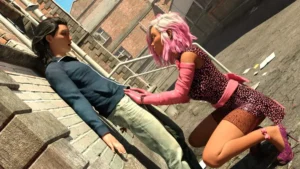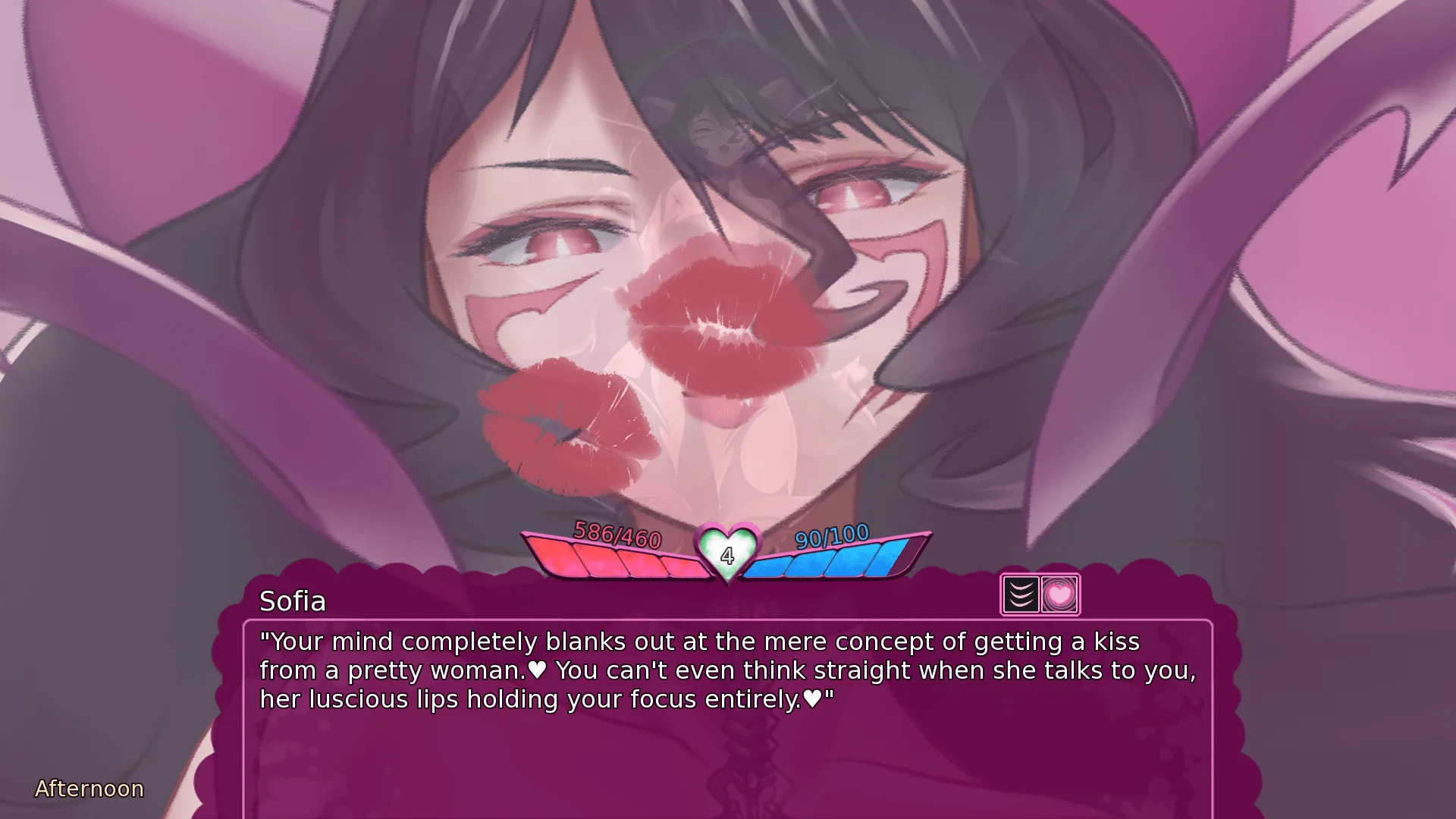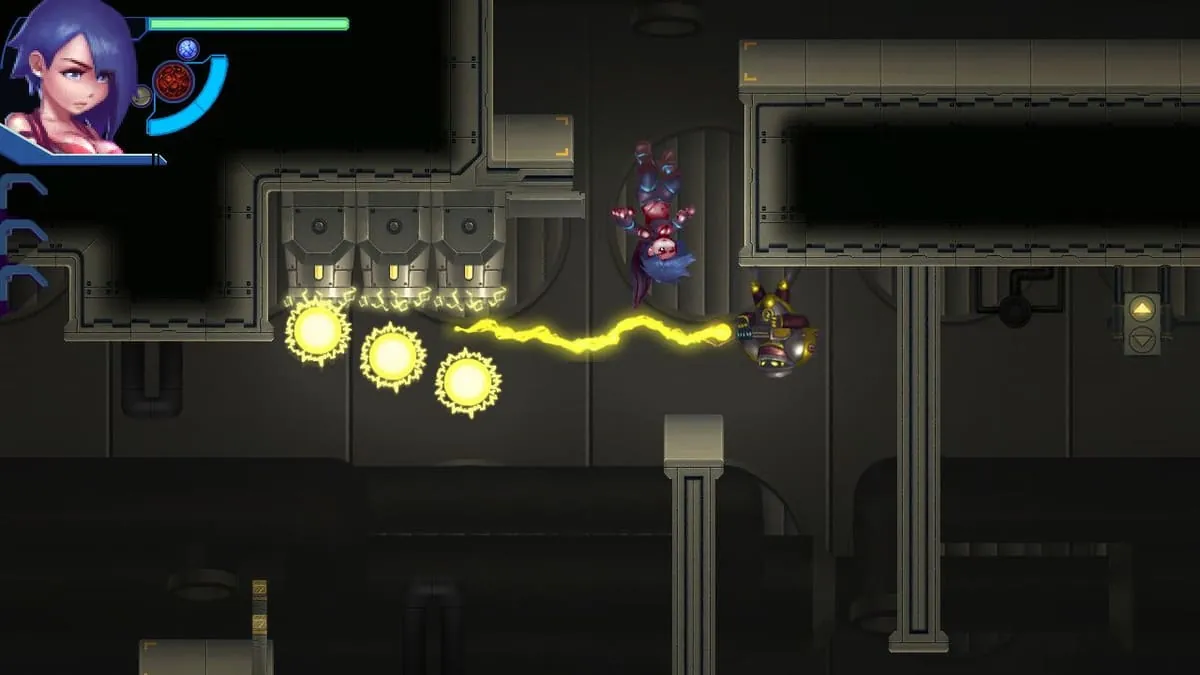
Shattered
Play Shattered
Shattered review
Explore the narrative depth, gameplay mechanics, and player choices in this interactive story experience
Shattered stands out as a unique interactive narrative experience that places player choice at the center of its storytelling. This visual novel combines branching narratives with meaningful decision-making, creating a personalized journey for each player. Whether you’re new to visual novels or a seasoned fan of interactive fiction, understanding what makes Shattered distinctive can help you appreciate its innovative approach to game design. The game’s emphasis on player agency and consequence-driven narratives has garnered attention from both casual gamers and narrative enthusiasts. In this guide, we’ll explore the core mechanics, narrative elements, and what makes this interactive story experience worth your time.
Understanding Shattered’s Narrative Framework and Player Agency
How Player Choices Shape Your Story
You know that feeling when you’re reading a book and you desperately wish the protagonist would make a different decision? 🤔 In Shattered, that power is in your hands. From the moment you start the game, you are the author of your own tragedy and triumph. I remember my first playthrough, blindly trusting a character who seemed charming, only to have that single decision unravel into a devastating betrayal hours later. It was a gut punch, but it was my gut punch—a direct result of my choice. This is the magic of player agency interactive fiction; you’re not just along for the ride.
Every dialogue selection, every action you take—or choose not to take—is a brushstroke on a massive, evolving canvas. The game’s consequence-driven storytelling means there are no throwaway lines. A seemingly innocent offer of help in Chapter 2 could determine whether a character survives to see Chapter 6. The game remembers everything, weaving your Shattered visual novel choices into the very fabric of the narrative. It’s this profound sense of ownership that transforms a simple story into your story.
So, how can you navigate this web of decisions? 🕸️ Here’s some practical advice: embrace your first playthrough. Don’t reload saves the second something goes wrong. The most memorable moments in Shattered often come from the unintended consequences. Live with your decisions, good and bad. The emotional weight of the narrative is completely dependent on this commitment. Your journey through its interactive story paths is unique, and trying to craft a “perfect” run on your first attempt robs the experience of its raw, unpredictable power.
The Branching Narrative System Explained
At its heart, Shattered is a masterpiece of branching narrative gameplay. Think of the story not as a single road, but as a sprawling, interconnected tree. 🌳 Every major decision you make doesn’t just open a new branch; it often saws off the branch you were just on, locking you out of certain storylines while revealing others you never knew existed. This isn’t a simple “good vs. evil” slider; it’s a complex web of cause and effect that makes each playthrough genuinely distinct.
The system operates on both macro and micro levels. Major plot crossroads are obvious, but it’s the subtle, cumulative Shattered visual novel choices that truly shape your world. The game uses a hidden “relationship value” and “plot flag” system. Every interaction adjusts these hidden metrics, and reaching certain thresholds unlocks—or permanently blocks—specific dialogue, scenes, and ultimately, your final destination among the many Shattered game endings.
Let me give you a concrete example from my own experience. Early in the game, you witness a minor character being harassed. You have three options: intervene directly, anonymously call for help, or walk away to avoid trouble.
-
I chose to walk away on my first run, prioritizing my own safety. This single act of cowardice had ripple effects:
- The character later joined a hostile faction, blaming me for their suffering.
- This closed off an entire quest line where they could have been a valuable ally.
- In the final act, this character actively worked against me, making a difficult climax nearly impossible.
-
On a subsequent playthrough, I intervened directly. The outcome was dramatically different:
- The character became a loyal companion, providing crucial information.
- This opened up a new interactive story path involving their personal history.
- Their assistance in the final act provided a tactical advantage I didn’t even know was possible.
This is the essence of consequence-driven storytelling. The game doesn’t just judge your morality; it realistically simulates how your actions, or inaction, alter the world and the people in it.
To help visualize how these branches work, here’s a simplified representation of a key narrative junction:
| Your Early-Game Choice | Mid-Game Consequence | Potential Endgame Impact |
|---|---|---|
| Side with Character A in a dispute | Gain their trust and unique items; Character B becomes cold and distant. | Unlocks Ending A; Locks out Ending B. Character B may not be available for the final mission. |
| Remain neutral in the dispute | Both characters remain cordial but not fully trusting. You miss out on unique rewards. | Keeps both Ending A and B technically possible, but makes achieving them much harder due to lower trust. |
| Side with Character B | Character A leaves the party permanently; gain access to B’s secret network. | Locks out Ending A; Unlocks a hidden ending variant of Ending B that requires B’s network. |
🤯 The depth is astonishing. This level of branching narrative gameplay ensures that your second, third, and even fourth playthroughs can feel like entirely new games. You’re not just clicking through dialogue faster; you’re uncovering wholly new scenes, character motivations, and plot twists that were completely invisible before.
Pro Tip: Don’t be afraid to make “bad” decisions. Some of the most beautifully written, poignant scenes in Shattered are only accessible through paths of failure, loss, or moral compromise.
Frequently Asked Questions
-
Do small dialogue choices really affect the endings?
Absolutely. While major plot decisions have the most obvious impact, small, cumulative choices build your relationships and world state. Consistently choosing kind or aggressive dialogue options can gently nudge the story toward different conclusion variants. -
Can I get locked out of content permanently?
Yes, and this is by design. Certain Shattered visual novel choices close doors forever. This isn’t to punish you, but to make each playthrough a unique narrative with real stakes. You cannot see everything in one run, which is a core part of the game’s replayability. -
Is there a “true” ending?
The developers have stated that there is no single canonical ending. The “true” ending is the one that feels most authentic to the story you crafted through your decisions. Some endings are harder to achieve than others, but none are considered more “correct.”
Character Development Through Interactive Storytelling
In many games, characters feel like pre-scripted robots, following a fixed path regardless of your input. Shattered shatters that convention (pun intended! 💥). Here, the cast feels alive, and their development is directly tied to your interactions. The character relationships visual novel aspect is the soul of the experience. You aren’t just learning about these characters; you are actively influencing who they become.
Your Shattered visual novel choices determine not only if a character likes you, but also their emotional state, their personal growth, and even their fate. A character who starts off cynical and closed-off might, through your patient and supportive choices, learn to open up and trust again. Conversely, if you consistently respond with sarcasm or hostility, you can reinforce their worst traits, potentially leading them down a darker path. I forged an incredibly powerful bond with one character by always respecting their boundaries, while on another playthrough, my pushy curiosity made them shut me out completely.
This is where player agency interactive fiction truly shines. You build these relationships through:
- Dialogue Options: Choosing empathy, logic, or aggression will resonate differently with each character.
- Actions Over Words: Sometimes, what you do—like fulfilling a side quest for them or choosing to save them in a crisis—speaks volumes more than any dialogue option.
- Gifts and Shared Moments: Remembering a character’s preferences and giving them a meaningful item, or choosing to spend your limited free time with them, deepens your connection in tangible ways.
The game masterfully tracks all of this. A character you’ve supported will fight harder for you, share secrets, and stand by you when things get tough. One you’ve neglected or betrayed might abandon you at a critical moment or even turn against you. This makes the pursuit of different Shattered game endings a deeply personal endeavor, as each ending is fundamentally about the final state of your relationships.
My most powerful memory of this system was with the character Kael. 🛡️ On my first run, I challenged his rigid sense of honor at every turn, pushing him to be more pragmatic. By the end, he had become a ruthless, efficient soldier, but he had lost the idealism that made him noble. We achieved a “victory” ending, but it felt hollow. On my next run, I supported his ideals, even when they seemed inconvenient. This led him to become a inspiring leader who united factions through compassion, resulting in a much more hopeful and satisfying conclusion to his arc. It was the same character, but I had helped sculpt two completely different people.
Ultimately, Shattered is a game about connection and consequence. Its branching narrative gameplay and deep focus on character relationships visual novel mechanics create an unparalleled sense of immersion. You will laugh, grieve, and triumph alongside these digital souls, not as a passive observer, but as the central force shaping their world. The knowledge that your journey is one of many possible interactive story paths makes every moment significant and every ending, however it unfolds, uniquely and powerfully yours. ✨
Shattered delivers a compelling interactive narrative experience that prioritizes player choice and meaningful decision-making. The game’s branching story system ensures that each playthrough feels personalized, with your decisions directly influencing character relationships, plot outcomes, and available story paths. The consequence-driven approach creates genuine emotional investment, as players must consider the long-term impact of their choices. Whether you’re drawn to games for their storytelling, character development, or the freedom to shape your own narrative, Shattered offers a rich and engaging experience. The replay value inherent in the branching system means you’ll discover new story variations and endings with each playthrough, making it a worthwhile investment for fans of interactive fiction and narrative-driven games.













